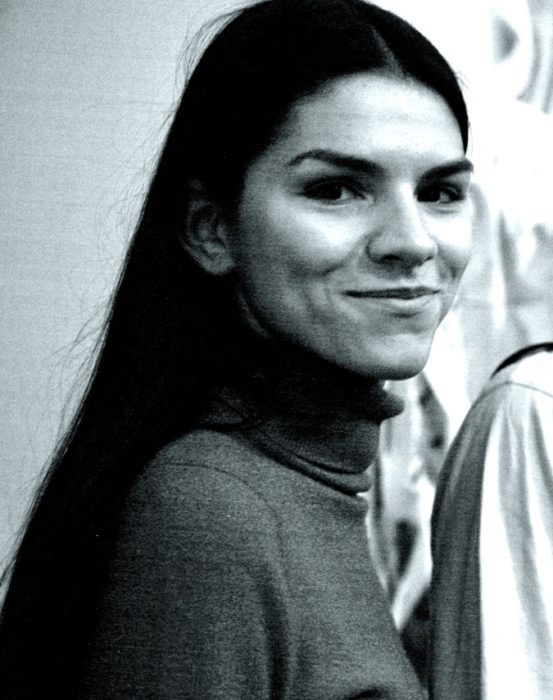Orphanage voluntourism: when you take more than you leave behind
The number of international volunteers traveling to orphanages in developing countries has risen sharply in recent years, even though the number of real orphans has decreased globally. Concern is growing about the impact of “orphanage tourism” on children, families and communities.
In this latest post in our series by former volunteers, Madara Žgute reflects on her experience in an orphanage in Ghana and cautions against volunteering at an orphanage.

After graduating from high school in 2012, I traveled to Ghana to volunteer in an orphanage for nine months. While my friends and I thought that I was about to rewrite the history of Africa, I soon realised that my good intentions to “change the world” were about to be challenged. Shortly after I arrived in Ghana, doubts about my volunteer service, and my involvement with children and in the community, started to creep in.
The organisation that I was part of seemed to accept as many volunteers at a time as possible. It did not matter if somebody came to stay for a week, two weeks, or a month. Sometimes there were 10 volunteers present in the institution which had around 40 children, aged between three and 16 years old. My tasks included teaching children, among others. As an 18 year old student, I did not have any relevant expertise skills or knowledge of the education system in Ghana, but I was allowed to teach on my first day, even though my lack of qualifications could have had a negative impact on children’s personal development.
The first few months were really challenging. My doubts continued as I learned that the majority of children had parents. Most came from poor and often young families who had been approached by the orphanage operator to give up their children to the orphanage to increase the numbers and attract foreign donations and volunteers. I had a chance to meet few of the families.
It became clear that the orphanage was accepting too many volunteers and it was not clear what purpose they served the children. I also noticed that volunteers were paying a lot of money to do voluntary service but I could not understand where that money went. With all of the volunteers coming in, there was always a lack of bedding, kitchen facilities, proper clothing, etc. It became clear that this was not helping the children and that they were not benefiting from the volunteers.
What did I learn from my experience in Ghana?
I learned to rethink the idea of giving and of the importance of sustainability.
Before we give, we have to be ready to learn, to think critically, and to take steps to improve ourselves before we can make a positive contribution to the wider world. We have to devote time to make that contribution, and to ask ourselves what transferable skills we have to offer that may be useful. It is important to examine the consequences for the people we strive to help before we engage ourselves in voluntary service. Otherwise, it could turn out that we help no one, but salve only our own desires.
See Madara’s TED talk to learn more about her experience in Ghana.
Are you are former orphanage volunteer? Please contact us at info@stahili.org if you would like to share your story.